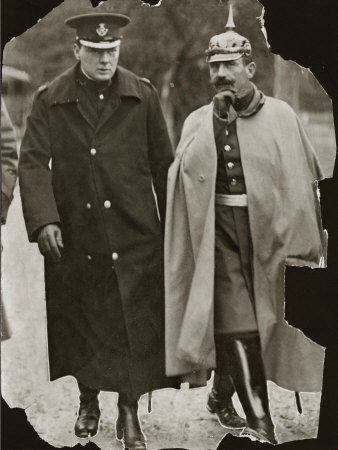I found this paragraph in Wikipedia:
How realistic would it have been that, if the Nazis don't win, the Kaiser is restored?
In the early 1930s, Wilhelm apparently hoped that the successes of the German Nazi Party would stimulate interest in a restoration of the monarchy, with his eldest grandson as the fourth Kaiser. His second wife, Hermine, actively petitioned the Nazi government on her husband's behalf. However, Adolf Hitler, himself a veteran of the First World War, like other leading Nazis, felt nothing but scorn for the man they blamed for Germany's greatest defeat, and the petitions were ignored. Though he played host to Hermann Göring at Doorn on at least one occasion, Wilhelm grew to mistrust Hitler. Hearing of the murder of the wife of former Chancellor Schleicher, he said "We have ceased to live under the rule of law and everyone must be prepared for the possibility that the Nazis will push their way in and put them up against the wall!"[66] Wilhelm was also appalled at the Kristallnacht of 9–10 November 1938, saying "I have just made my views clear to Auwi [Wilhelm's fourth son] in the presence of his brothers. He had the nerve to say that he agreed with the Jewish pogroms and understood why they had come about. When I told him that any decent man would describe these actions as gangsterisms, he appeared totally indifferent. He is completely lost to our family".[67] He also stated, "For the first time, I am ashamed to be a German."[68]
How realistic would it have been that, if the Nazis don't win, the Kaiser is restored?
